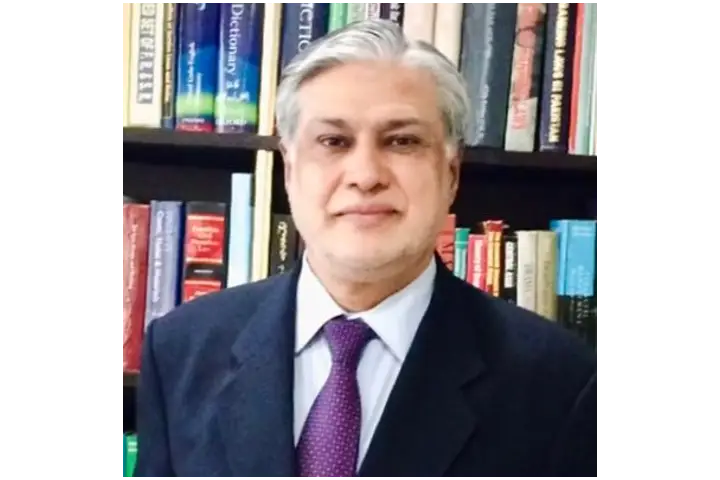As Pakistan is currently staring at one of the worst economic crises in its history, the country’s Finance Minister Ishaq Dar will have to shoulder much of the blame for its situation though this has been brewing for many years due to the failure on the part of successive governments.
Dar, who took charge in September last year, replacing Miftah Ismail reversed many of the decisions taken by his predecessor. Ismail had been instrumental in reviving the stalled $6 billion loan package with the International Monetary Fund (IMF). He had committed to eliminating fuel subsidies and thereby raising prices.
Dar on the other hand announced reduction in petrol and diesel prices. Not just that. In December, amid delay in the ninth review between the multilateral lender and Islamabad over the loan programme, Dar lashed out saying he would not bow down to the IMF and take its “dictations.”
“I do not care if they come, I don’t have to plead before them. I have to look at Pakistan’s interest first,” he said.
Dar went on to say that the delay was due to IMF’s “abnormal behaviour” and not due to any discrepancy in policy issues.
“Dar will have to do some answering as his abrupt policies led to this rapid fall though sooner or later this was going to happen,” an analyst with a ratings agency told India Narrative.
The State Bank of Pakistan—the country’s central bank is now left with foreign exchange of just $4.6 billion—not enough to cover even a month’s imports. What is worse is that the IMF has now come up with fresh riders which include levying new taxes, something that may not be easy for the Shehbaz Sharif government.
Pakistan is currently reeling under high inflation coupled with shortage of goods, including food items. The country’s factories are now struggling to stay afloat as the cash starved government has not been able to pay the containers stuck at its ports. This could lead to a huge disruption in the supply chain adding to more problems for Islamabad.
While Pakistan has not officially defaulted on loan repayment, local newspaper the Express Tribune said that with continuous rollovers of loans that have come from China, Saudi Arabia and UAE among others, the country has already done so technically. The country’s political and security instability have only multiplied its problems.
Earlier this month, Sharif at the passing-out ceremony of probationary officers of Pakistan Administrative Service (PAS) said that it was embarrassing for him to seek further loans from other countries.
As the country stares at bankruptcy, the Sharif government still does not have a roadmap in place to fix the deteriorating situation.
Also read: Pakistan’s massive electricity shutdown throws life out of gear
Why are Pakistanis unhappy with Bilawal Bhutto’s Davos visit?




















